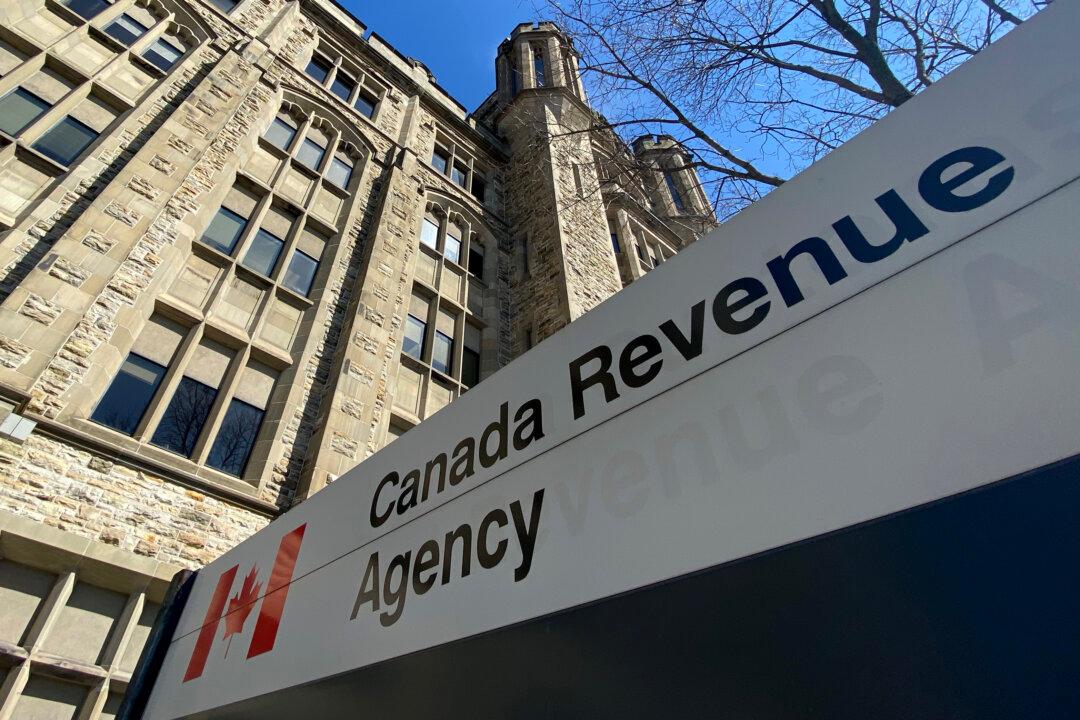Canadian families with modest incomes face the highest marginal effective tax rates, with those earning between $30,000 and $60,000 hit the hardest, according to a new report.
The marginal effective tax rate (METR) measures the personal income taxes paid both federally and provincially along with the reductions in government benefits resulting from extra income earned.





